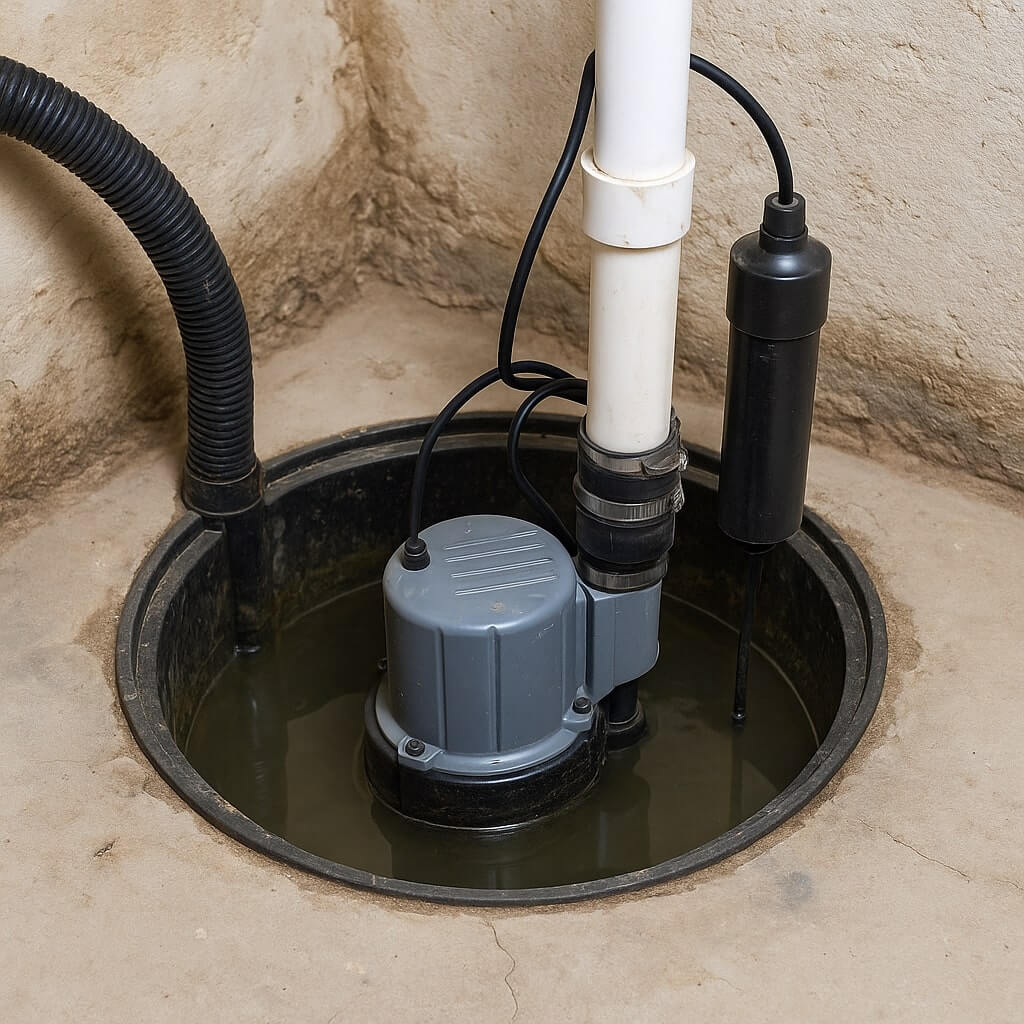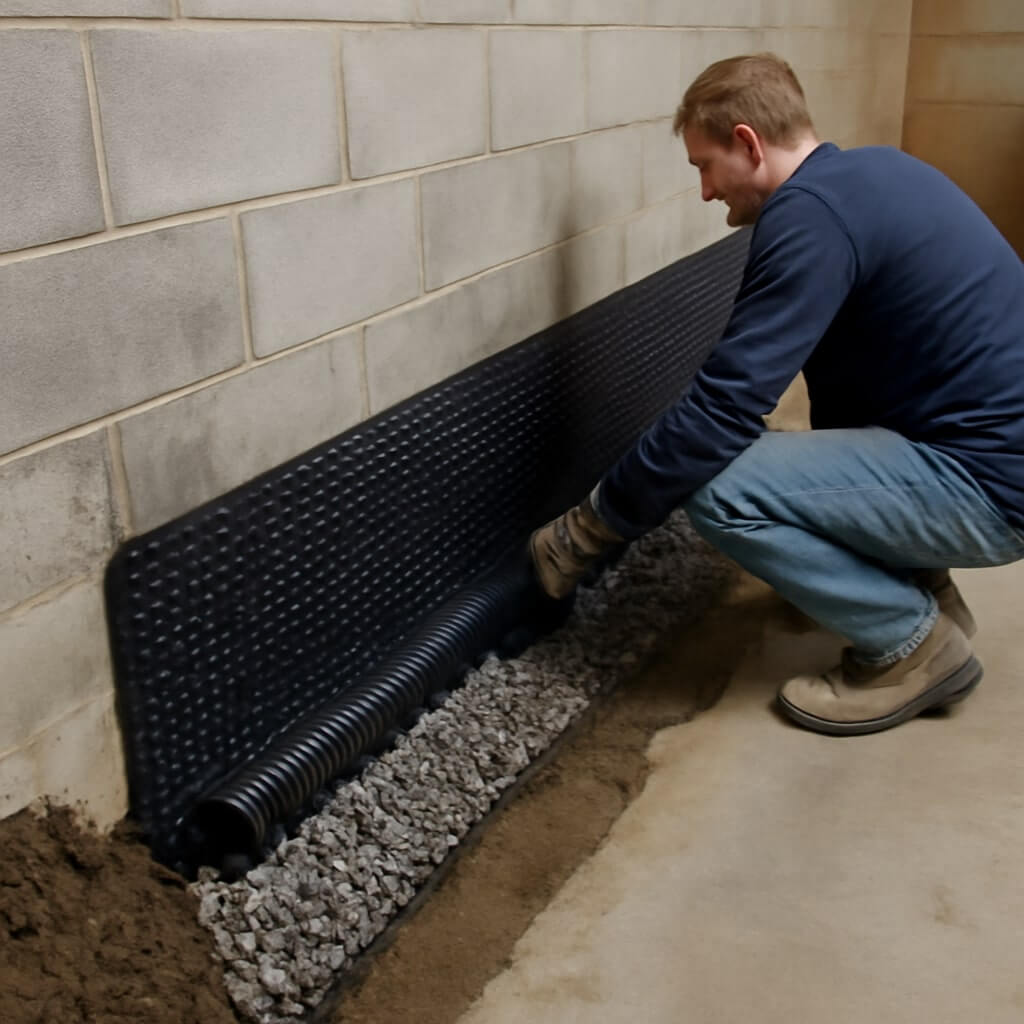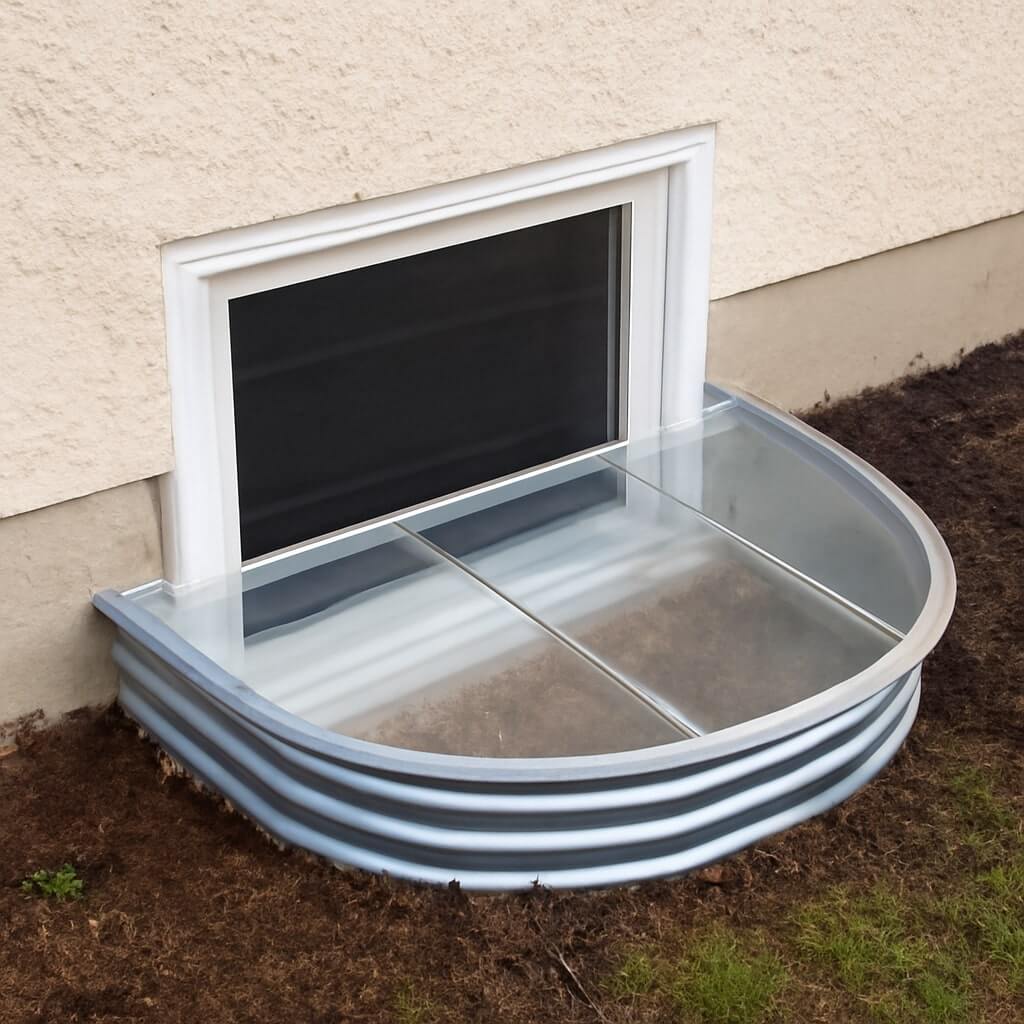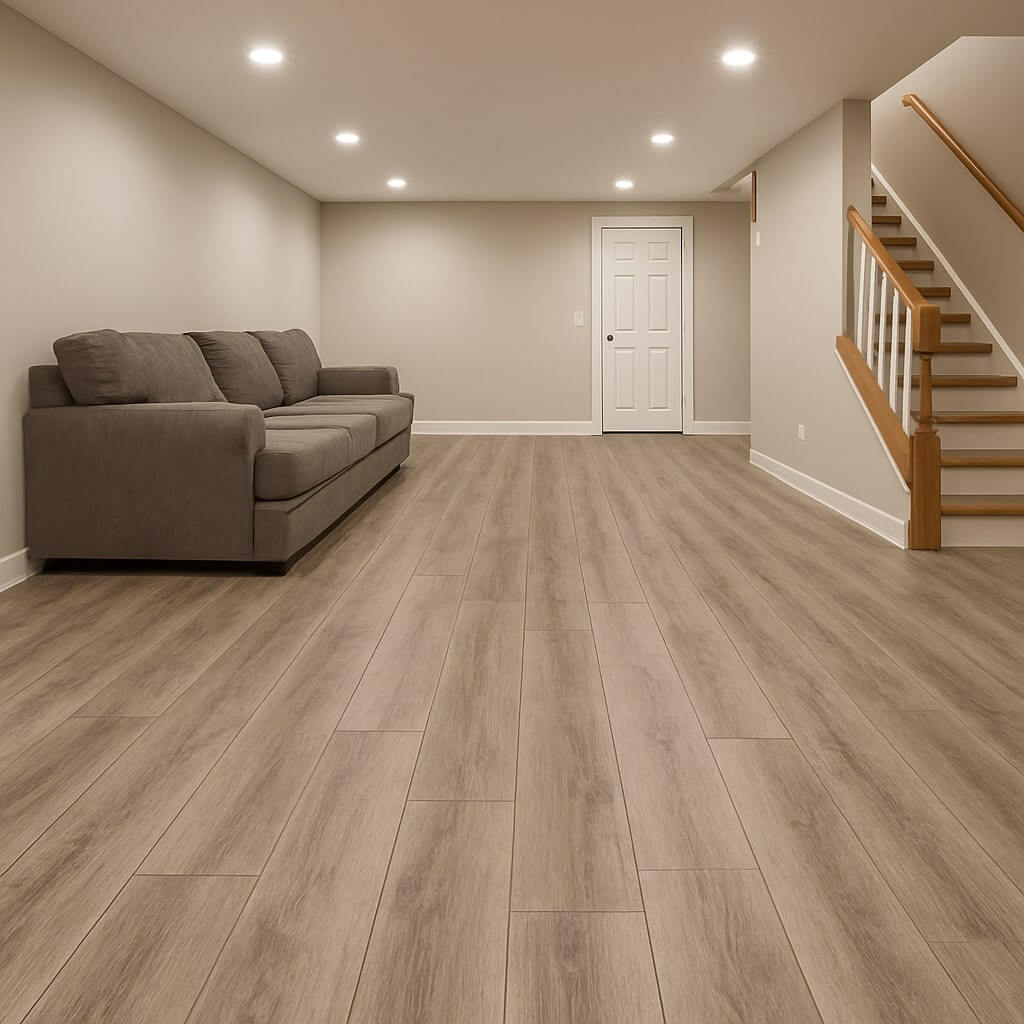A dry basement is the cornerstone of a healthy, secure home. If you’ve ever dealt with basement flooding or dampness, you’ve likely heard of a sump pump. But what does a sump pump do to waterproof your basement, and why is it such a vital tool in home water management?
This comprehensive guide will explore the function, benefits, and installation of sump pumps, along with SEO-rich insights to help you understand how they protect your property. Whether you’re a homeowner, real estate investor, or contractor, this guide provides the details you need to know.
What is a Sump Pump?
A sump pump is a mechanical device designed to remove accumulated water from a sump basin, typically located in the lowest part of a basement or crawlspace. The main goal? Prevent water from flooding into your basement by redirecting it away from your home’s foundation.
It activates automatically when water levels in the sump pit rise beyond a certain point, efficiently pumping water out to a storm drain, dry well, or a designated drainage area.
How Does a Sump Pump Waterproof Your Basement?
1. Prevents Water Accumulation
Heavy rain, melting snow, or a high water table can lead to water seeping through basement walls or floors. A sump pump collects this groundwater and expels it safely.
2. Protects Structural Integrity
Continuous moisture can weaken concrete walls and create cracks. By removing excess water, a sump pump protects your home’s foundation from water-related damage.
3. Reduces Mold and Mildew
Basements with high humidity or standing water are a breeding ground for mold. Keeping the basement dry helps control humidity levels, reducing the risk of mold and mildew growth.
4. Supports Other Waterproofing Systems
Sump pumps often work in tandem with French drains, basement sealants, and exterior waterproof membranes, forming a multi-layered defense against flooding.
Types of Sump Pumps
| Type | Description |
|---|---|
| Submersible | Installed inside the sump pit and completely submerged in water. Quiet, powerful. |
| Pedestal | Mounted above the pit. Easier to maintain but noisier. |
| Battery Backup | Provides power during outages. Essential for flood-prone regions. |
| Water-Powered | Uses municipal water pressure to pump out water. Great as a backup system. |
Key Benefits of a Sump Pump
- Prevents basement flooding
- Protects valuable belongings and electronics
- Improves indoor air quality
- Boosts property value
- Reduces risk of pest infestations
Signs You Need a Sump Pump
- Frequent basement flooding or dampness
- Musty odors or visible mold
- Cracks in foundation walls
- High local water table
- You live in an area with heavy rainfall or snow
Installation and Maintenance Tips
- Professional Installation: Hire a certified plumber or waterproofing contractor for optimal results.
- Regular Maintenance:
- Test the pump quarterly
- Clean the sump pit annually
- Ensure the discharge pipe isn’t blocked or frozen
- Install a backup pump: Especially crucial in areas prone to power outages
FAQs: What Does a Sump Pump Do to Waterproof Your Basement?
Can a sump pump alone waterproof my basement?
How often should I test my sump pump?
Do sump pumps work in power outages?
Is a sump pump noisy?
How much does it cost to install a sump pump?
Where does the sump pump discharge the water?
Conclusion
A sump pump is a vital line of defense in your basement waterproofing arsenal. It actively prevents water damage, mold, and structural decay—preserving your home’s safety and value. When combined with other waterproofing strategies, it creates a robust system to keep your basement dry and functional year-round.




